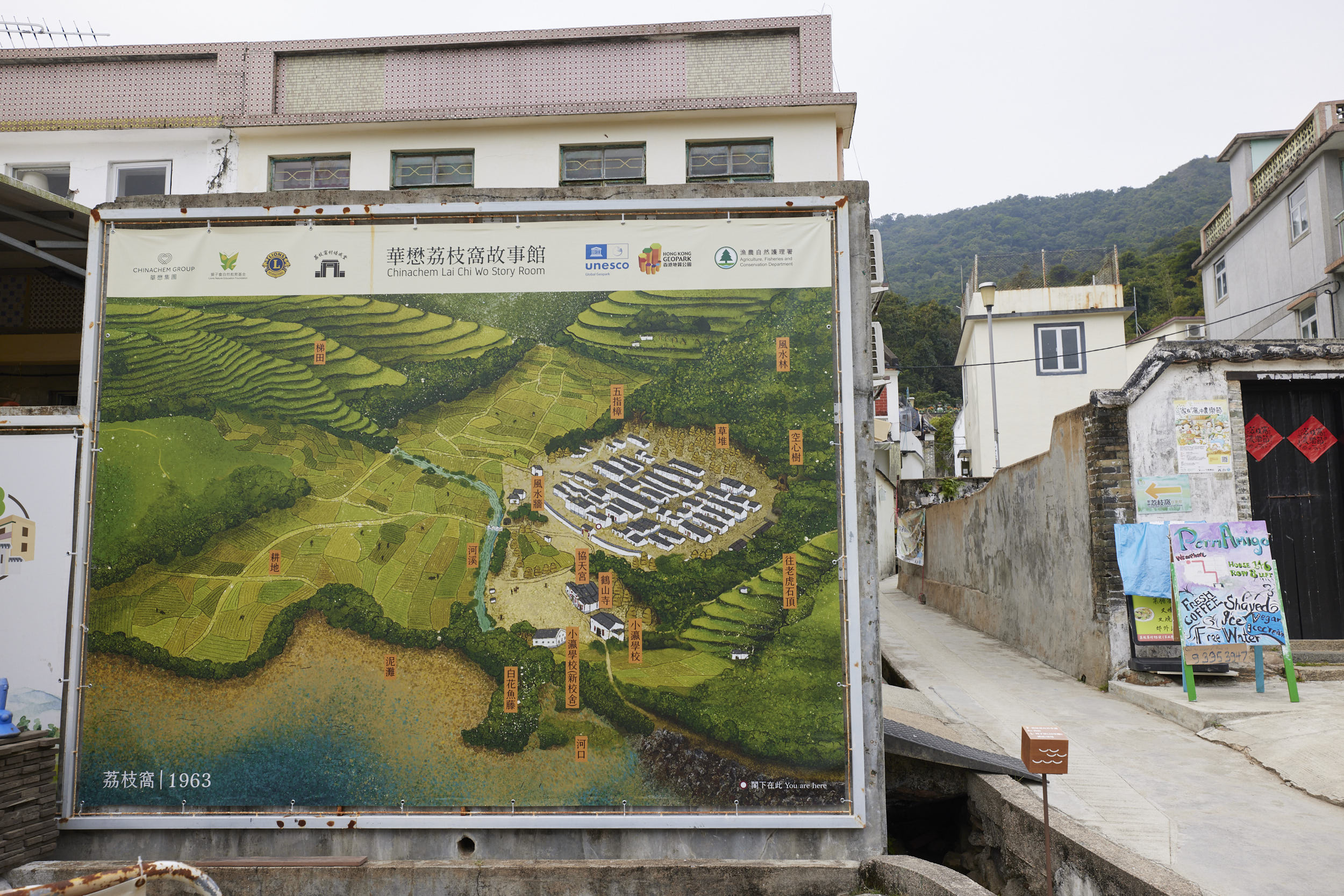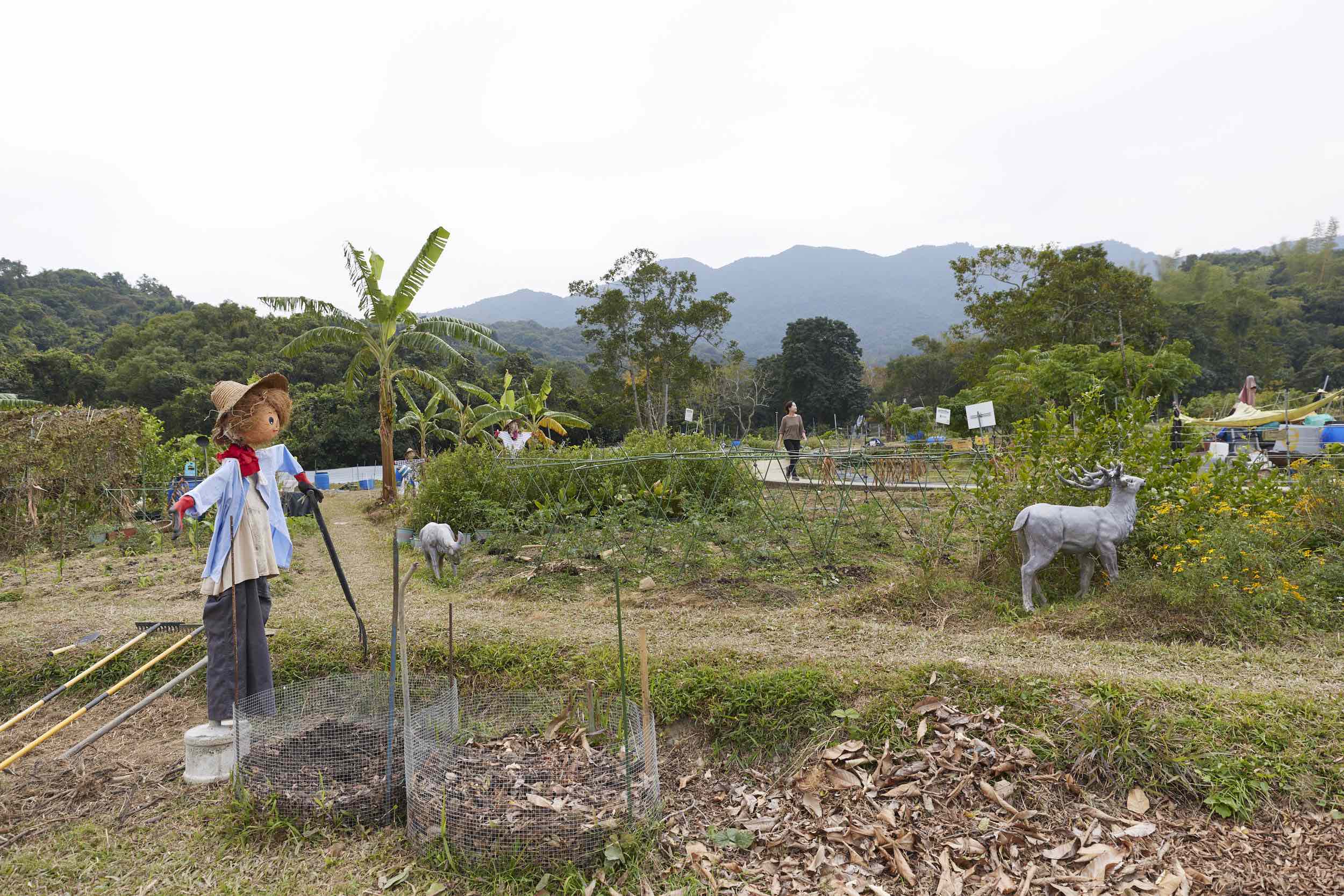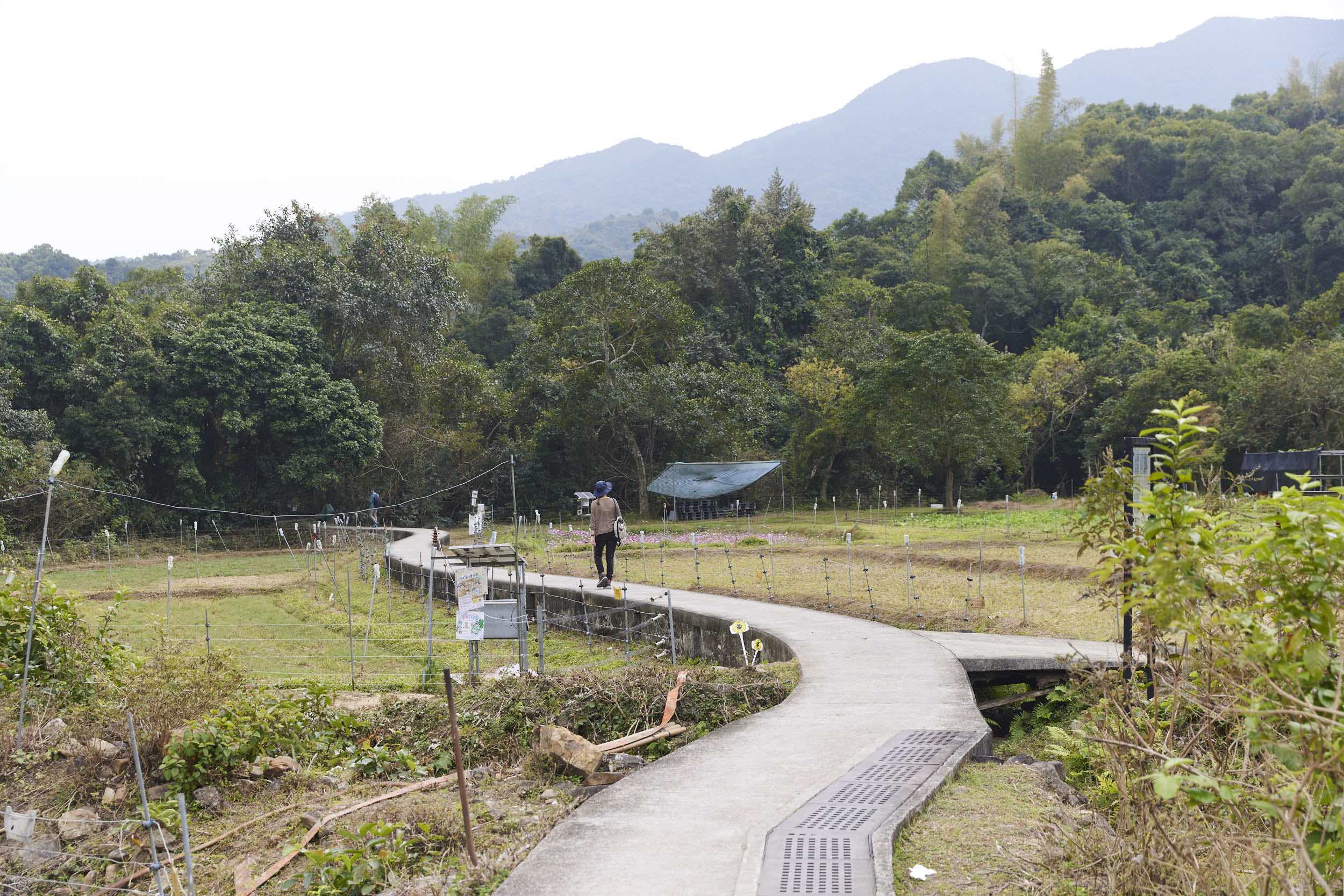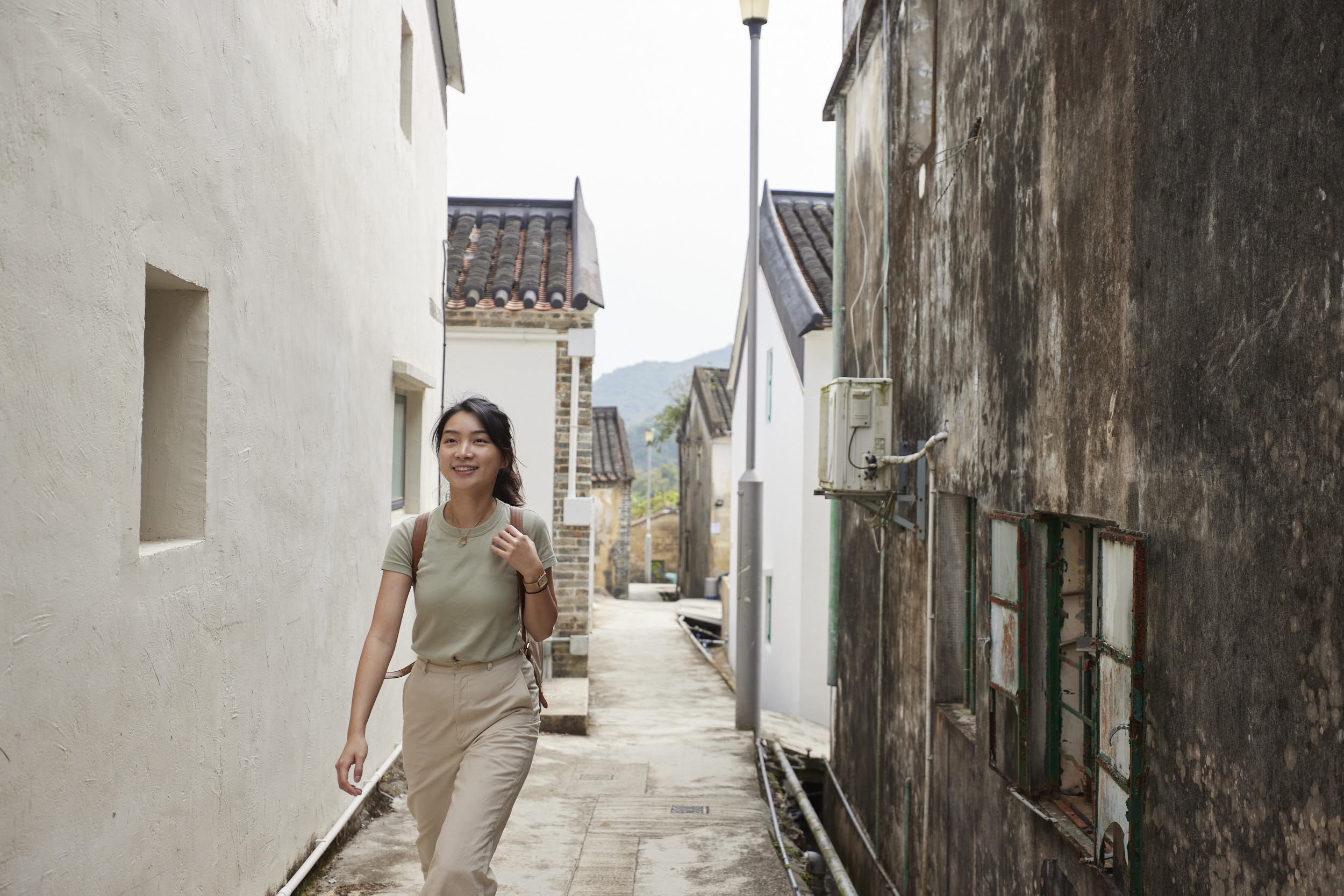Why do we need to learn about light to understand Hakka culture and experience the traditional Hakka life? The light here refers to sunlight and sunshine. Historically, the Hakkas were Han people living in the Central Plains. However, facing endless wars, they migrated southwards from the banks of the Yellow and Luo Rivers time and time again over the past 1,700 years, until reaching the coastal areas of Guangdong and Fujian. As the seaside and plains were already occupied by the local inhabitants, the Hakka people drifted towards the mountains to stay away from them. There they planted beans and sowed seeds, living a thrifty but peaceful farming life.
Once you understand the historical background of the remote and agricultural nature of the Hakka people, you will understand how they integrated into nature by relying on the mountains, where they lived and rested according to the sunlight. In ancient times, Hakka villagers organised their lives around sunrise and sunset, getting up at 5 o'clock in the morning to do farming, starting dinner when the sun was about to set, and going to bed at 7 or 8 o'clock. Therefore, many "experienced people" do not encourage friends who live in the Lai Chi Wo Hakka Life Experience Village to turn on the air-conditioning. How could there be air-conditioning in ancient villages? In the movie, Hanna Chan and Kaki Sham had the enjoyment of observing every clear-shaped star at the entrance of the Hakka village thanks to zero light pollution. Have urbanites and Central residents ever experienced this? Perhaps only emigrants to the UK or Canada would understand.
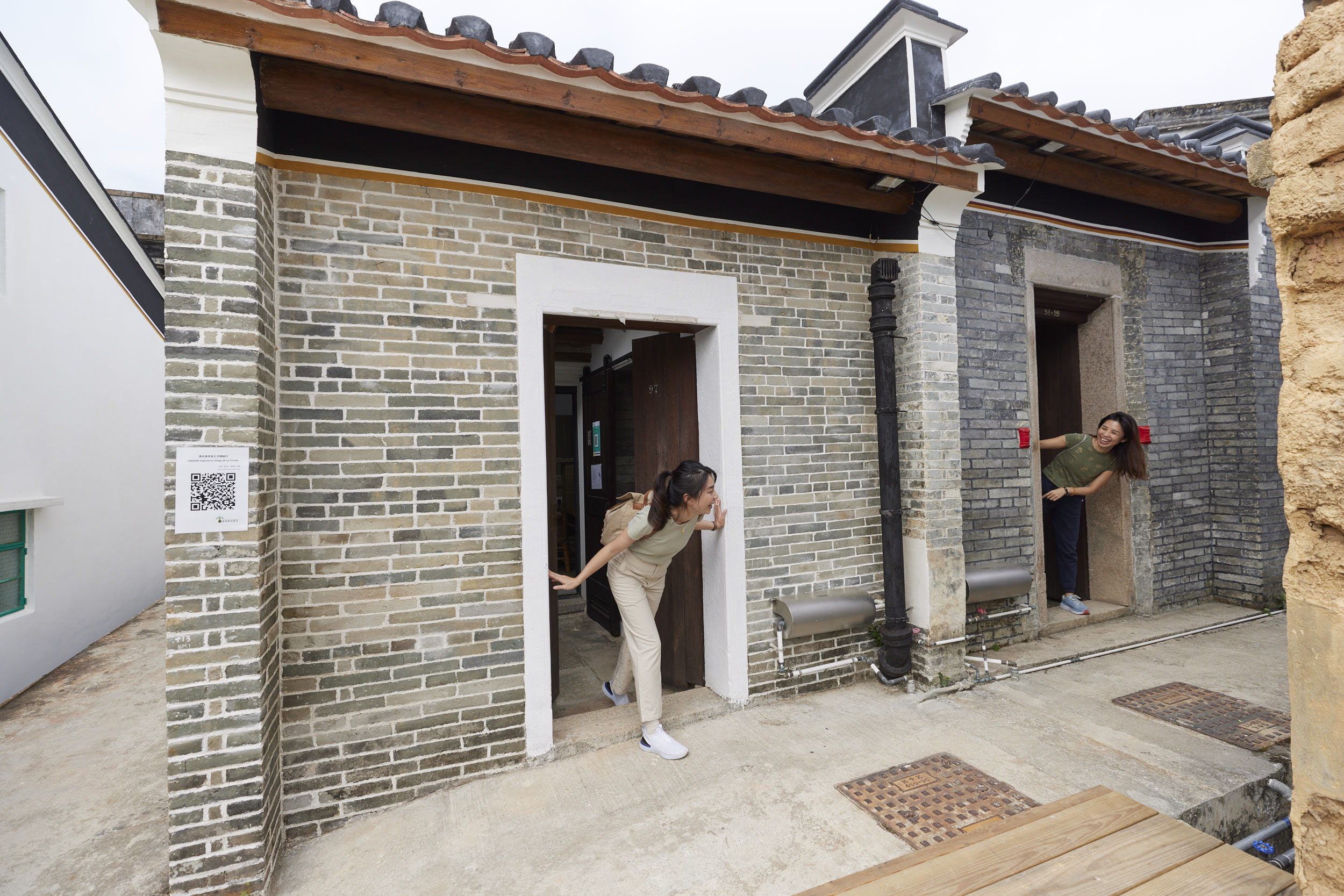
The main promoters of Lai Chi Wo Hakka Life Experience Village are the Hong Kong Countryside Fund and the Jockey Club. Their intention is to preserve the traditional culture of Lai Chi Wo in both material and non-material aspects. Long before the Life Experience Village appeared, the main plan behind the Lai Chi Wo project was to assist in the restoration of farmland. However, it was realised that the farmers had no associated accommodation facilities, so that is how the Life Experience Village came to be established.
The project is aimed at creating a base for experiential learning. On the one hand, the village houses have been restored as a contribution to the preservation of material culture (with only 15 of them finally meeting the government's licensing requirements). On the other, a series of cultural learning modules has been built and tour guides trained to introduce the history, traditions, culture, farming, art, skills, and local knowledge of Lai Chi Wo Village to visitors, so that the Hakka culture of the village can be passed on to the next generation. This also allows Hong Kong people to deeply understand the Hakka people who have practised "sustainable development" for 300 to 400 years, reflecting their lifestyle living in harmony with heaven and earth.
If someone simply thinks that the Life Experience Village is a homestay or a staycation, it would be a big mistake. You can only meet the check-in requirement after participating in the Life Experience activities. These activities could for example be harvesting eco-friendly rice or doing nature-friendly farming. Friends who stay here can feel the leisurely and quiet life of the village, understand the value of rural living, and at the same time learn details of the Hakka culture.
